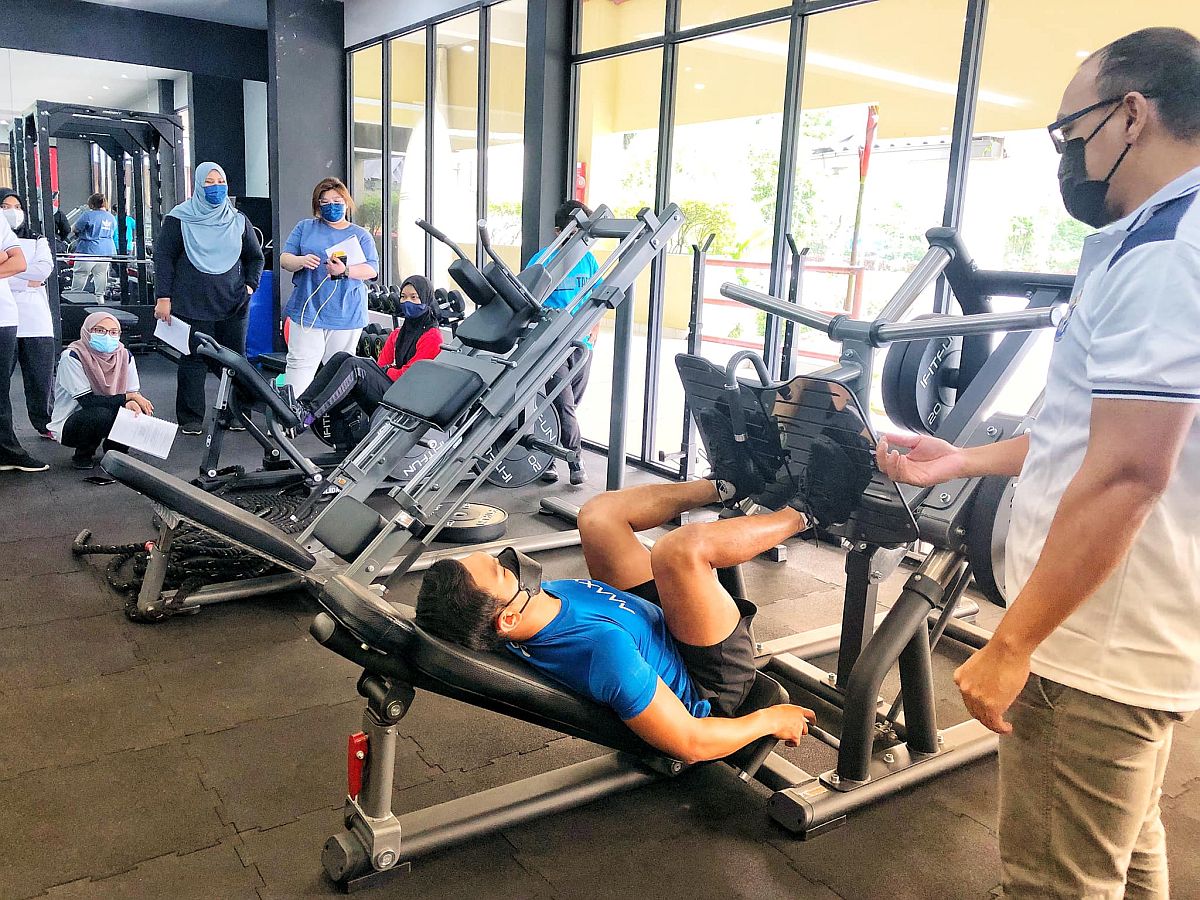I am writing this on behalf of physiotherapists in Malaysia who have been longing to see this profession to be held to a higher standard.
Having been in this field for a while now, I have had my fair share of experience in different settings in Malaysia before – from a sports association to a government-linked sports institute to a private medical centre.
Why did I keep jumping from one place to another, you may ask? The answer is simple. I was looking for career advancement.
Most people work because they have to maintain a living, and very few work for passion and career satisfaction. The current health care system in the country does not inspire physiotherapists to dream big, to explore beyond what we do day in day out, and to excel at both clinical and academic fields simultaneously.
We are stuck in a rut.
What Are The Standards Out There?
Firstly, physios in other parts of the world (or for convenience, just look across the Strait) have a regulatory body to ensure all registered members comply to their standards and all members are subject to audit.
Do we have this? Yes, but registration only began at the end of 2022, after years and years of straightening things out with other allied health professions regarding the implementation of Act 774 (Allied Health Professions Act 2016). Better late than never, so they say.
Secondly, a clear time-based career pathway. This is probably not an apple-to-apple comparison, but I will use the United Kingdom as an example. Newly graduated physios who work in the National Health Service (NHS) will start with a Band 5 for one to two years. Then they will be promoted to Band 6.
During this time, they start to develop specialisation in niche areas of physiotherapy. They can upskill themselves to Band 7 as an Advanced Clinical Practitioner (equivalent to a master’s degree), which can further be developed into Consultant or Extended Scope Practitioner roles.
In Malaysia, a physio with a bachelor’s degree will start with a U41 role in KKM. Then they would move to U44, which is normally managerial work.
After that, they may be promoted to U48, which is absolutely rare, and if they’re lucky enough, they can get to U52 (apparently only two physios are holding this position in Malaysia at the moment).
Most physios with a bachelor’s or master’s degree will get stuck in U41 for many years. Another problem is, we still have diploma holders and are still producing diploma courses, and this is making it even harder to standardise things.
Now picture this: Friends of mine in the UK becoming Band 7 and doing specialisations in less than 10 years of working in the NHS, while in Malaysia, some friends have been working for more than 10 years but are still a U41. Sad but true.
Step Into My Shoes For A Minute
The very reason why I have to make such comparisons is because I initially graduated with a diploma from a Malaysian university 15 years ago. I worked for a few years and I wanted something more, so I went to do a three-year degree in the UK.
I came back and worked as a U41 for several years and realised that I could not get a career advancement. So I left and looked for other opportunities in a private setting.
Right now, I am doing a master’s degree overseas. I had to quit my previous job because I wanted to study full-time.
If I come back, will I be a U44? Unlikely. Will I get to practice my specialisation? Maybe but not guaranteed.
Will there be a system that can support and create opportunities for my future career advancements? The future looks bleak. It is sad to see that we do not provide a conducive ecosystem for clinicians who aspire to do more and to achieve more in their fields.
The point that I’m making is that not everyone has the time, energy and opportunities to do what I have done and currently doing.
In fact, I do not wish this kind of career pathway upon anyone because it has cost me time, money and energy.
If we make high quality education accessible, career advancement achievable, and pathway to specialisation attainable, this profession will rise to its supposed standards.
Brain drain happens when people see a better future in a foreign place and can only see a big void at home, hence the reason why they decide to leave.
- This is the personal opinion of the writer or publication and does not necessarily represent the views of CodeBlue.





